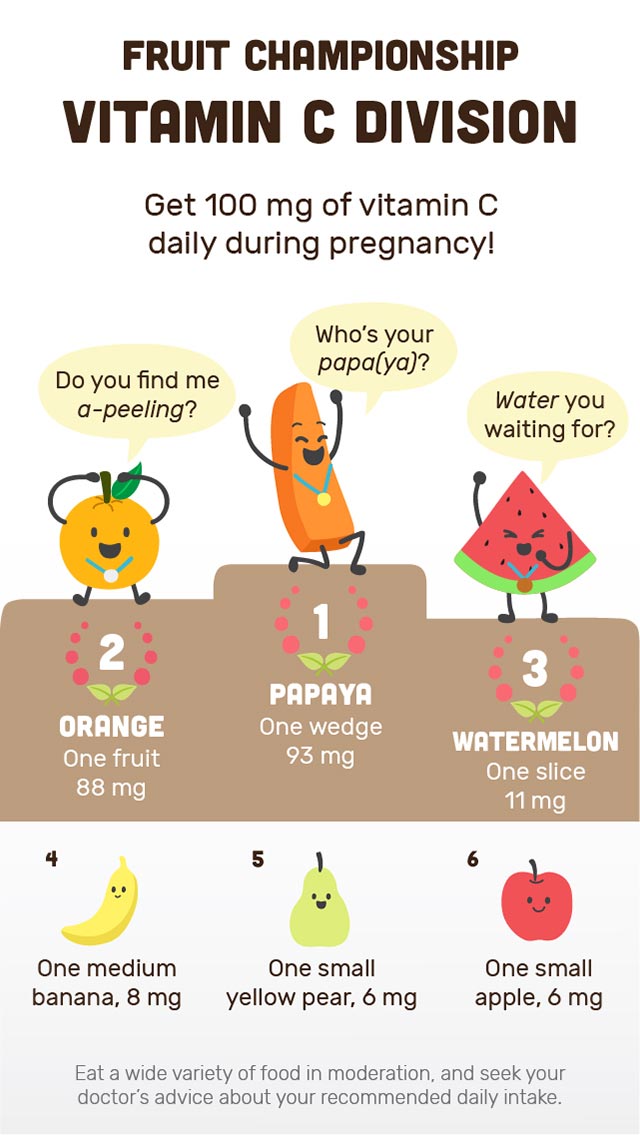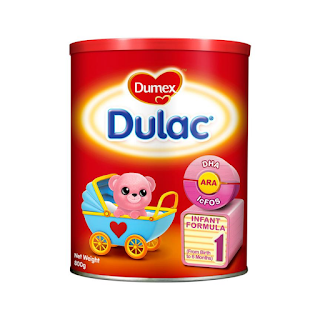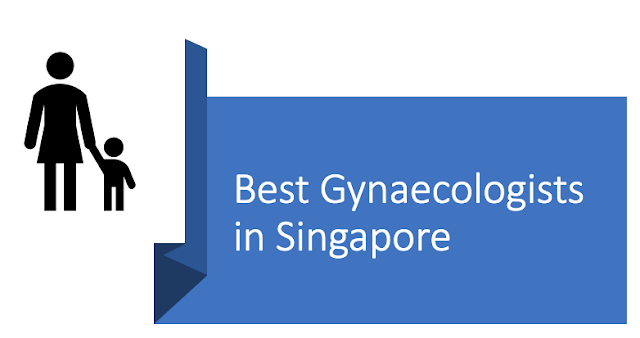Best Foods and Supplements for Pregnancy in Singapore 2020
Eating healthy before conception and throughout pregnancy is one of the best things you can do for yourself and your baby. Good nutrition optimises the growth and development of your baby and safeguards your own health.


During pregnancy, your energy requirement increases by about 300 kcal a day, which is not much compared to the average non-pregnant Singapore woman’s requirement of 1700 kcal a day.
On the other hand, requirements for other nutrients (e.g. protein, folate, calcium, vitamin D and B vitamins) may be significantly higher than in the non-pregnancy state.
As such, you should make smart choices by choosing a variety of nutrient-dense foods, rather than just eating more food! This is especially so if you now experiencing a smaller appetite.
Dark green vegetables, for example, spinach, broccoli and asparagus; citrus fruits and juices, yeast extract, liver, dried beans and fortified breakfast cereals — are rich in folate. Care should be taken, however, to avoid overcooking the vegetables as folate is easily destroyed by heat.
Folic acid capsules are sold at your local pharmacy.
There are two forms of iron in foods — heme and non-heme. Heme iron is better absorbed by the body than non-heme iron. Sources of heme iron include red meat, liver, chicken and fish. Sources of non-heme iron include egg yolk, green leafy vegetables, iron-fortified breakfast cereals, dried fruits and nuts.
To enhance the absorption of non-heme iron, consume vitamin C-rich foods (namely, fruit and vegetables) at the same meal or take vitamin C supplements.
DHA (Docosahexaenoic acid), one of the omega-3 fatty acids, found in cold water deep-sea fish, is important for brain and eye development. Studies have shown that pregnant women who eat cold water fish have babies with higher IQ and better vision than pregnant women who do not.
Unfortunately, large deep-sea fishes may contain methylmercury, a heavy metal that is toxic to the developing fetus’s neurological system.
Hence, the US Food and Drug Administration recommends that pregnant women eat a maximum of 12 ounces (3 servings) of a variety of cooked fish or shellfish per week, and avoid shark, swordfish, king mackerel (known as “batang fish” locally) and tilefish (also called white snapper).
Although tuna is a good source of DHA, albacore tuna (found mainly as canned white tuna) is higher in methylmercury than other types of tuna (e.g. skipjack, bigeye and yellowfin, commonly used for canned light tuna), hence pregnant women are also advised to limit albacore tuna to one serving a week.
Safe DHA-rich sources include salmon, sardines, herring, halibut, canned light tuna and omega-3 fortified eggs.
Alternatively, you can ask your doctor to recommend a suitable DHA supplement (300 mg a day).
Foods to Avoid During Pregnancy
Avoid:
Avoid:
Avoid:
Herbal Supplements
Herbal products have not been studied enough to be recommended during pregnancy. Do consult your doctor if you are planning to take these herbs.
Alcohol
Unwashed Salad and Raw Vegetables Sprouts, including Alfalfa, Clover, Radish, and Mung Beans
Unwashed salads may be contaminated with bacteria from the soil, while raw vegetable sprouts contain high levels of germs, which can be harmful to health.
On the other hand, requirements for other nutrients (e.g. protein, folate, calcium, vitamin D and B vitamins) may be significantly higher than in the non-pregnancy state.
As such, you should make smart choices by choosing a variety of nutrient-dense foods, rather than just eating more food! This is especially so if you now experiencing a smaller appetite.
Essential Nutrients for Pregnancy
More than 40 different types of nutrients are needed to sustain good health and promote your unborn child’s growth and development. Yet, certain nutrients are especially important to ensure optimal pregnancy outcomes.#1 Folate (also known as Folic Acid)
Folate is vitamin B, which is essential for cell division and organ formation. This nutrient helps prevent neural tube defects (malformations of the brain and spinal cord) in your developing baby and anaemia in pregnant women. Due to the severe nature of neural tube defects, we strongly advise adequate folate intake of at least 800 micrograms daily before conception and throughout the first three months of pregnancy.Dark green vegetables, for example, spinach, broccoli and asparagus; citrus fruits and juices, yeast extract, liver, dried beans and fortified breakfast cereals — are rich in folate. Care should be taken, however, to avoid overcooking the vegetables as folate is easily destroyed by heat.
Folic acid capsules are sold at your local pharmacy.
Please consult with your doctor first before you take any supplement that has not been recommended by your doctor. Your doctor may have already prescribed you a multivitamin supplement and most likely contain most of the essential nutrients listed in this article. Taking duplicated supplements or too much might not provide you with additional benefit but might do you or your baby harm instead.
#2 Iron
Iron is needed for the formation of red blood cells. Inadequate iron intake may lead to anaemia. This is because, during pregnancy, your blood volume expands to accommodate the changes in your body. Moreover, your unborn baby also needs to store adequate iron for the first six months of life before he/she starts consuming solid foods.There are two forms of iron in foods — heme and non-heme. Heme iron is better absorbed by the body than non-heme iron. Sources of heme iron include red meat, liver, chicken and fish. Sources of non-heme iron include egg yolk, green leafy vegetables, iron-fortified breakfast cereals, dried fruits and nuts.
To enhance the absorption of non-heme iron, consume vitamin C-rich foods (namely, fruit and vegetables) at the same meal or take vitamin C supplements.
#3 Vitamin B12
This vitamin is required for blood formation. It is only found in foods of animal origin, namely, meat, poultry, fish, milk and eggs. Vegans (vegetarians who do not eat any animal products including eggs and milk) must take vitamin B12 supplements in order to meet the daily requirements.#4 Omega-3 Fatty Acids | Best Fish Oil Supplement for Pregnancy Singapore

Unfortunately, large deep-sea fishes may contain methylmercury, a heavy metal that is toxic to the developing fetus’s neurological system.
Hence, the US Food and Drug Administration recommends that pregnant women eat a maximum of 12 ounces (3 servings) of a variety of cooked fish or shellfish per week, and avoid shark, swordfish, king mackerel (known as “batang fish” locally) and tilefish (also called white snapper).
Although tuna is a good source of DHA, albacore tuna (found mainly as canned white tuna) is higher in methylmercury than other types of tuna (e.g. skipjack, bigeye and yellowfin, commonly used for canned light tuna), hence pregnant women are also advised to limit albacore tuna to one serving a week.
Safe DHA-rich sources include salmon, sardines, herring, halibut, canned light tuna and omega-3 fortified eggs.
Alternatively, you can ask your doctor to recommend a suitable DHA supplement (300 mg a day).
Related: Best Fish Oil Supplement for Pregnancy in Singapore
If you have lactose intolerance (i.e. bloatedness, wind, diarrhoea after drinking milk), you can consume low-lactose or lactose-free milk, calcium-fortified soymilk, cheese or yoghurt as alternatives to milk. Your doctor can also prescribe a calcium supplement.
It is recommended that pregnant women obtain their vitamin C from food rather than from supplements, as there have been reports of rare cases of ‘rebound scurvy’ occurring in infants born to mothers taking 400 mg or more of vitamin C throughout their pregnancy.
“Rebound scurvy” occurs when the infant becomes tolerant to the high dose of vitamin C from the mother during pregnancy, hence it develops symptoms of scurvy or vitamin C deficiency after birth.
Both our Healthy Diet Pyramid for Pregnancy and the Health Promotion Board’s My Healthy Plate recommend two servings each of fruits and vegetables, which can meet the pregnancy requirements.
In general, all types of fruits and vegetables are safe if consumed in moderation.
#5 Vitamin A
The function of vitamin A is to promote growth of cells and tissues, and prevent night blindness. However, excessive intake of vitamin A above 10,000 IU daily in the first trimester can cause birth defects. Hence, in the first trimester, pregnant women should obtain their vitamin A from food rather than from supplements, and limit liver intake to two tablespoons (50 g) per week. Good sources include eggs, milk, deep-red and yellow fruits and vegetables (for example, papaya, mango, pumpkin, carrots) and dark-green leafy vegetables (for example, spinach and broccoli).#6 Calcium | Best Calcium Supplement for Pregnancy Singapore
Both you and your baby need calcium for strong bones and teeth. Excellent sources of calcium are milk, cheese and yoghurt. Other foods that contain calcium are beancurd (“tauhu” and “taukwa”), green leafy vegetables, ladies fingers, small fish with edible bones such as “ikan bilis” and sardines, and calcium-fortified soymilk and fruit juice.If you have lactose intolerance (i.e. bloatedness, wind, diarrhoea after drinking milk), you can consume low-lactose or lactose-free milk, calcium-fortified soymilk, cheese or yoghurt as alternatives to milk. Your doctor can also prescribe a calcium supplement.
#7 Vitamin C
 |
| Credit: Healthhub.sg |
Vitamin C is required for collagen formation in bones, muscles and blood vessels. The Singapore RDA for vitamin C intake in pregnancy is 50 mg a day, whilst the US recommendation is 85 mg a day.
It is recommended that pregnant women obtain their vitamin C from food rather than from supplements, as there have been reports of rare cases of ‘rebound scurvy’ occurring in infants born to mothers taking 400 mg or more of vitamin C throughout their pregnancy.
“Rebound scurvy” occurs when the infant becomes tolerant to the high dose of vitamin C from the mother during pregnancy, hence it develops symptoms of scurvy or vitamin C deficiency after birth.
Both our Healthy Diet Pyramid for Pregnancy and the Health Promotion Board’s My Healthy Plate recommend two servings each of fruits and vegetables, which can meet the pregnancy requirements.
In general, all types of fruits and vegetables are safe if consumed in moderation.
#8 Vitamin D
Vitamin D helps with calcium absorption. Food sources include fortified milk, margarine and cold water deep-sea fishes, e.g. salmon and sardines. Apart from foods, our bodies can also synthesize vitamin D when exposed to sunlight. Spending 10 to 15 minutes twice a week outdoors is sufficient for our bodies to synthesize enough vitamin D to meet our requirements.Foods to Avoid During Pregnancy
Food safety is extremely important during pregnancy. This is because bacterial toxins and certain harmful chemicals such as alcohol and methylmercury can pass from mother to baby, and cause undesirable outcomes.
Avoid:
- Unpasteurised milk;
- Soft cheeses, e.g. brie, feta, camembert and roquefort;
- Liver pates;
- Uncooked hot dogs, ham and luncheon meats
Avoid:
- Raw or undercooked meat, Poultry, Seafood, e.g. raw oyster, cockles, sashimi and sushi;
- Raw or half-boiled eggs
Avoid:
- Swordfish,
- Shark,
- Tilefish,
- King mackerel
- Canned albacore tuna
Herbal Supplements
Herbal products have not been studied enough to be recommended during pregnancy. Do consult your doctor if you are planning to take these herbs.
Alcohol
Mothers who drink alcohol have a higher risk of miscarriages and stillbirth, and excessive alcohol consumption may result in fetal alcohol syndrome, including facial deformities, low birth weight and mental retardation.
Unwashed Salad and Raw Vegetables Sprouts, including Alfalfa, Clover, Radish, and Mung Beans
Unwashed salads may be contaminated with bacteria from the soil, while raw vegetable sprouts contain high levels of germs, which can be harmful to health.
Reference:
https://www.healthhub.sg/live-healthy/928/pregnancy-nutrition-during-pregnancy-eating-right-for-two





Comments
Post a Comment